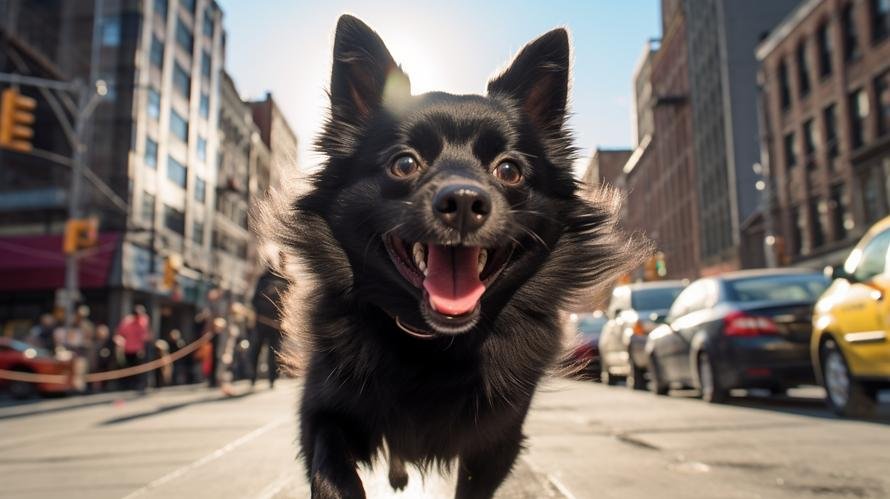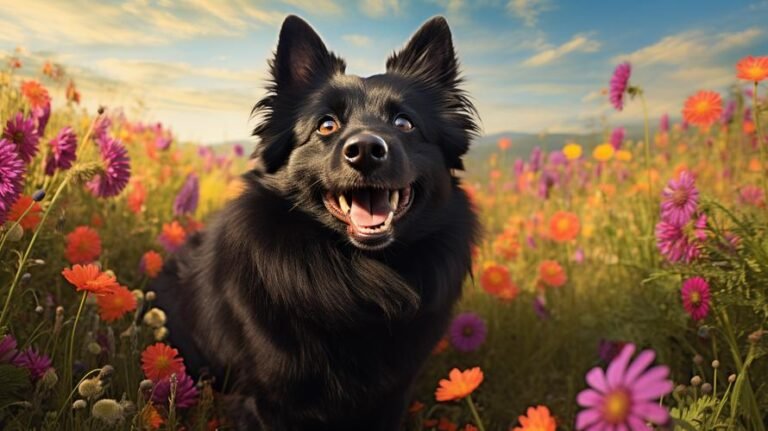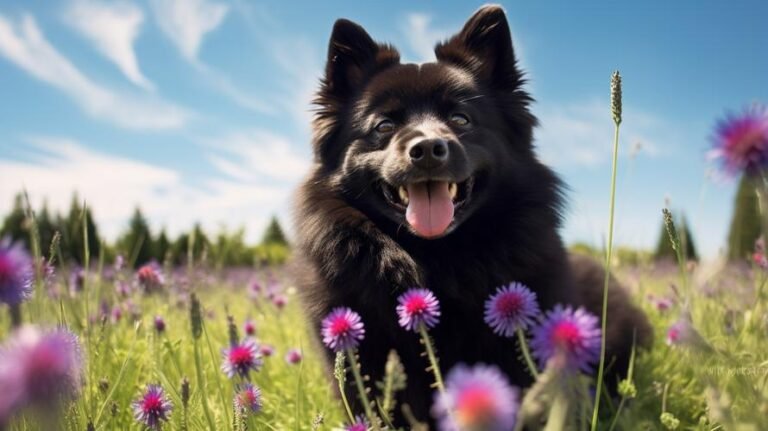Did you know that Schipperke dogs are believed to have originated in Belgium in the 16th century? For centuries, these energetic little dogs, often called “Little Black Devils,” were favored for their hunting skills, tenacity, and loving demeanor. But even today, as we cherish our Schipperke dogs for their unique, fox-like appearance and loyal companionship, a challenging question seems to come up quite often: Should our beloved Schipperke eat grain-free?
Before we venture deep into this matter, you might be wondering: “Why grain-free? What’s the fuss about grain in dog food?” Well, imagine a wolf hunting in the wild. You wouldn’t picture this majestic predator chowing down on a wheat or barley salad, would you? It’s a well-known fact that our domestic dogs have evolved from wild wolves, and many put forth the argument that they should eat like their ancestors.
But the question remains: Are grains really that bad for our canines? Is grain-free food ultimately the golden path to our pet’s optimal health? Let’s journey together into the world of pet nutrition to discover the answers!
Firstly, let’s understand what these grains are. Grains are seeds of grass-like plants called cereals, including items like corn, wheat, rice, barley, oats, rye, and millet. They’re packed with important nutrients, protein, and are a great source of energy. But can our darling Schipperkes utilize all these nutrients, given their carnivorous lineage?
Well, the answer may surprise you. Despite their carnivorous ancestry, dogs have evolved alongside humans for thousands of years, gradually adapting to digest a more starch-rich diet. So, the reality stands: grains are not necessarily detrimental to a dog’s health.
However, like us humans, not all dogs are created equal. Just as some people can’t handle gluten or lactose, dogs can also have food allergies or sensitivities. Some Schipperkes may indeed react badly to certain grains, exhibiting symptoms such as itchy skin, digestive upset, chronic ear infections, or even changes in behavior.
In these instances, switching to a grain-free diet can indeed relieve the symptoms. Yet, it’s important to remember that grain allergies are relatively uncommon in dogs. More dogs actually have allergies to common protein sources, such as beef or chicken, than to grains.
Feeding your Schipperke a grain-free diet without a medical need can actually be detrimental. In 2018, the Food and Drug Administration (FDA) issued an alert linking grain-free diets to a heart condition called Dilated Cardiomyopathy (DCM) in dogs. The connection appears to be related to a deficiency in taurine, an amino acid that is essential for heart function, which can be lacking in some grain-free dog diets.
So, should your Schipperke eat grain-free? If you suspect your Schipperke is intolerant to grains, your first stop should be the veterinarian, not the pet food aisle. A change to a grain-free diet is a decision best made under the guidance of a professional who can assess your pet’s overall health and nutritional requirements.
If your Schipperke does not have a grain allergy, consider keeping grains or a high-quality grain alternative in their diet. Grains can provide valuable fiber, assisting digestion, and essential nutrients that your spirited pooch needs to maintain their lively energy.
Choosing the right food for your Schipperke goes beyond the grain-free debate. Focusing on quality should be your priority, ensuring your pet is getting well-balanced, nutrient-dense food that meets their dietary needs. Look for brands that rely on whole food sources and avoid those loaded with low-quality fillers, artificial additives, or nutritionally deficient “meat meals”.
As always, ensure the food you choose is appropriate for your dog’s life stage, weight, activity level, and health status. Also, remember that a sudden change in diet can lead to upset stomach, so make any changes gradually over 7-10 days to allow your pet’s digestion system to adjust.
And finally, do not impose a one-size-fits-all diet upon your Schipperke. The world of pet food is vast and varied, and it’s this diversity that will cater to the distinctive dietary needs of our furry companions. With a little research, avid label-reading, and perhaps some trial and error, you’re sure to find the perfect diet that gets your Schipperke’s tail wagging at mealtime!
In conclusion, determining whether your Schipperke should eat grain-free is not a black and white issue. It requires careful consideration and possibly some professional guidance. Just remember, your aim should always be to provide a healthy, balanced diet that suits the specific needs of your pet. After all, a good diet is key to ensuring many happy, healthy years with your “Little Black Devil.”



